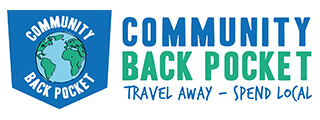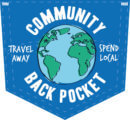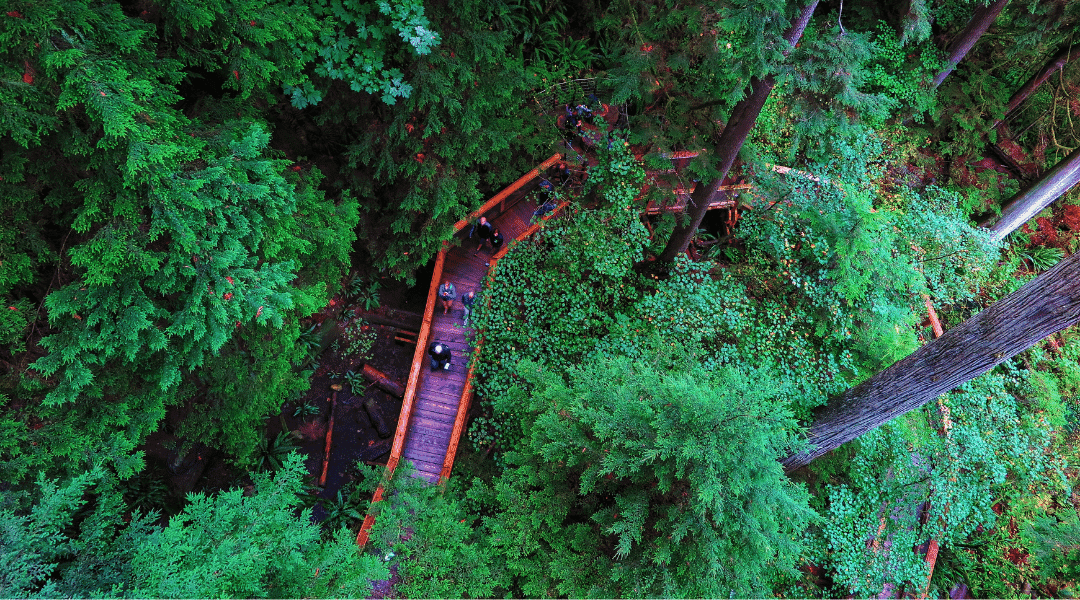
RESPONSIBLE TRAVEL FOR ALL
How tourism can change lives and help others
As nomadic beings, we have been traversing the globe from the beginning of human evolution. We have been ‘tourists’ in one way or another for more than 300,000 years and our very nature has led us to explore since modern Homo sapiens began to roam.
Our thirst for discovering new places, new land and new cuisine has seen us sail to the edge of the world when it was thought to be flat, it has sent us on quests to learn more about ancient civilisations and it has taken us to the polar caps, once thought uninhabitable by man.
Travel is in our blood. It has the power to change opinions, perspectives, expectations and understanding. Unfortunately, tourism can also destroy culture, degrade the environment and impact economic success if it isn’t managed carefully.
Now, more than ever, the social interaction and economic returns resulting from tourism worldwide can transform lives and destinations unlike ever before.
Here are some simple ways you can contribute to the lives of others and positively impact our incredible planet every time you pack your bags:
Tourism can be life-changing for others
Rather than just travelling for our own personal growth or to discover lands far-far away, consider this; the way we travel has the power to impact others and to change the lives of those that tourism impacts.
When you go on an adventure, the choices you make when you travel can:
- Create a demand for more locally-grown produce and contribute to the growth of agriculture in the region, resulting in growing the local economy
- Provide secure and meaningful employment with fair working conditions
- Contribute to the regeneration and conservation of natural habitats that are home to indigenous people
- Create education programs and initiatives that upskill the local workforce
- Encourage local communities to share their culture and traditions with pride and authenticity, rather than suppressing the things that are important to them to make way for commercialisation
What can you do to travel more responsibly and help others?
- Conservation and environmental protection programs are often heavily funded by tourism in many destinations around the world, particularly in countries across Africa, the Americas, and in destinations like Australia and New Zealand. Look for national parks, tour operators, and travel experience providers that are committed to the protection of the natural environment, reinvesting funds into the expansion of wildlife protection areas and regeneration programs. One example of an independent tour operator that is actively invested in environmental conservation in Australia is Tasmanian eBike Adventures. They have been curating environmental experiences and personalised tours on electric bikes for many years, taking their guests through some of Australia’s most untouched landscapes to discover the natural beauty of Tasmania. Founder, Ben Rea, is passionate about protecting Tasmania’s national parks and wildlife. He is creating a regenerative tourism initiative on Maria Island to support the protection of the region. By choosing to share his local knowledge about the area and its culture, Ben aims to raise awareness about the importance of protecting the world’s most sacred places.
- Respect the everyday lives and the culture of the people that live in remote places and the region you are visiting. Take into consideration their beliefs and what is important to them, along with the things we do in our culture that could be offensive in some way. If you don’t know what these things may be, find out.
- Seek out mutually beneficial ways to interact with local people and let them be curious about you too. Talk to them, share stories and be open to sharing information about you and your culture if there is an interest and the local people want to learn more about you and your home country.
- When planning your next holiday or vacation, make choices that positively impact the lives of the local people. Seek out tours and experiences that support local initiatives, education, and community-based programs. Tour operators such as G Adventures and Intrepid Travel build community initiatives into their tours and they advertise the impact each tour has on a destination on their websites. Many other tour operators promote responsible travel and give back to the communities they visit. Take the time to research those who are operating in the region you hope to travel to and find out more about them. Do the people that run those companies live there and are they local? Do they understand the history and are they authentic about sharing what is happening behind the scenes or under the surface in the destination? Choose the providers that are truly local when given the option.
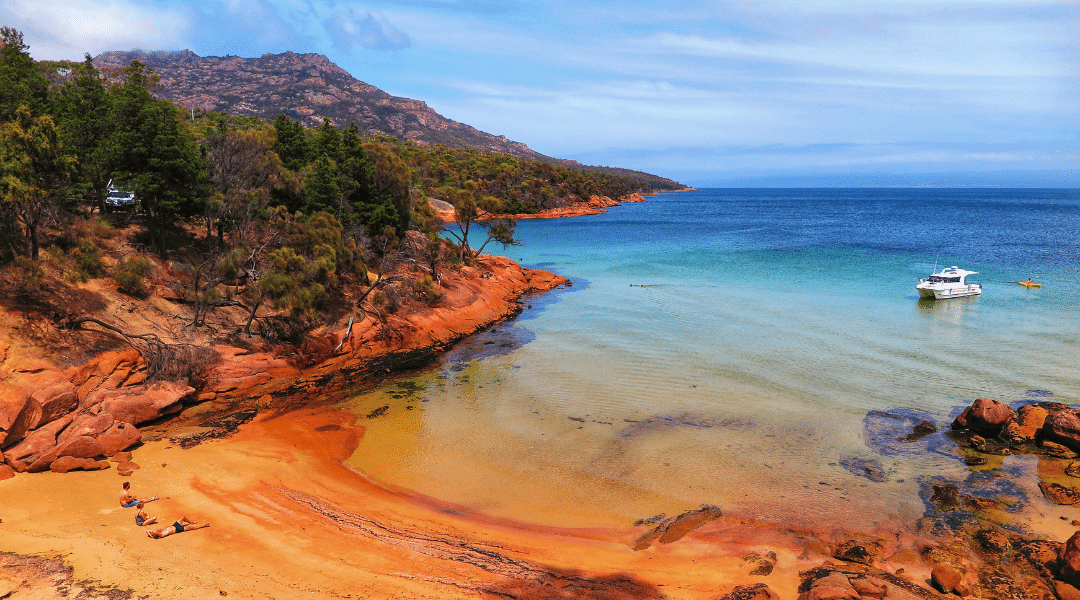
Get curious about what’s really happening
The questions you ask can reveal the true nature of what may be happening in a destination. Before you choose a hotel, restaurant or tour operator for your next trip, consider the following:
- How is this specific tour or hotel benefiting the local community?
- What is the staff satisfaction and what are the conditions in which they work?
- Do the staff get paid enough money to support their families and their community?
- Is this mode of transport the best option for this community?
- Do the local people want me here?
If you aren’t asking yourself questions like these, it’s important to consider the cost to others if you don’t.
What can you do to understand what is happening behind the scenes?
- Do your research! Spend time looking into the places you want to stay, the restaurants you want to eat at and the experiences you want to have – find out if the region is renowned for any common issues that tourism creates and seek out organisations that reduce the impact of tourism-related problems. For example, if the destination has a problem with waste management and lacks the facilities to process the waste tourism creates, look for hotels invested in waste management programs and those committed to reducing waste in their accommodation venues and restaurants. Buy products with less packaging and responsibly dispose of or find creative ways to re-use the packaging you can’t avoid.
- Share your experiences when you travel to help others who may be looking to book more responsible trips. Write reviews and share an authentic account of your experience on popular booking websites, including Google reviews and social media. When you stay in accommodation and the staff go above and beyond your expectations to ensure that you have a wonderful time, share your appreciation by writing them a recommendation. If the guides on your tour were particularly helpful and you can tell that they genuinely love what they do, sing their praises. Promote the hotels, restaurants, tour operators and experience providers with happy employees and those that look after their staff, particularly the organisations that invest in training and career development.
- Think about how you would feel if that exotic activity or experience was happening in your own community. When you travel, it’s important to consider if the local people are happy to invite tourists into their community, or if tour operators are forcing tourism upon the community. In many destinations, tourism is ‘done to a destination,’ rather than tourism being ‘designed with’ the local community.
- If the core purpose of a tour is to visit a local village just to take photos and leave, there is a high chance that the village isn’t benefiting from this type of tourism and the villagers likely feel as though they are an attraction. It’s important to ask permission before taking photos and be mindful that people are not tourist attractions. Opt-out of tours and experiences that lack a real cultural exchange between the local people and visitors, especially those that involve photography of people in tribal or cultural dress alone. Several organisations, including Fair Tourism Foundation in The Netherlands and The Tourism CoLab in Australia, are working closely with local communities to understand what the local people would like to share with tourists and how they would like their destination to be explored by visitors. Dianne Dredge from The Tourism CoLab is leading a ground-breaking initiative on Flinders Island in Tasmania, specifically focused on co-designing the future of tourism in the region in close partnership with the local community and the environment.
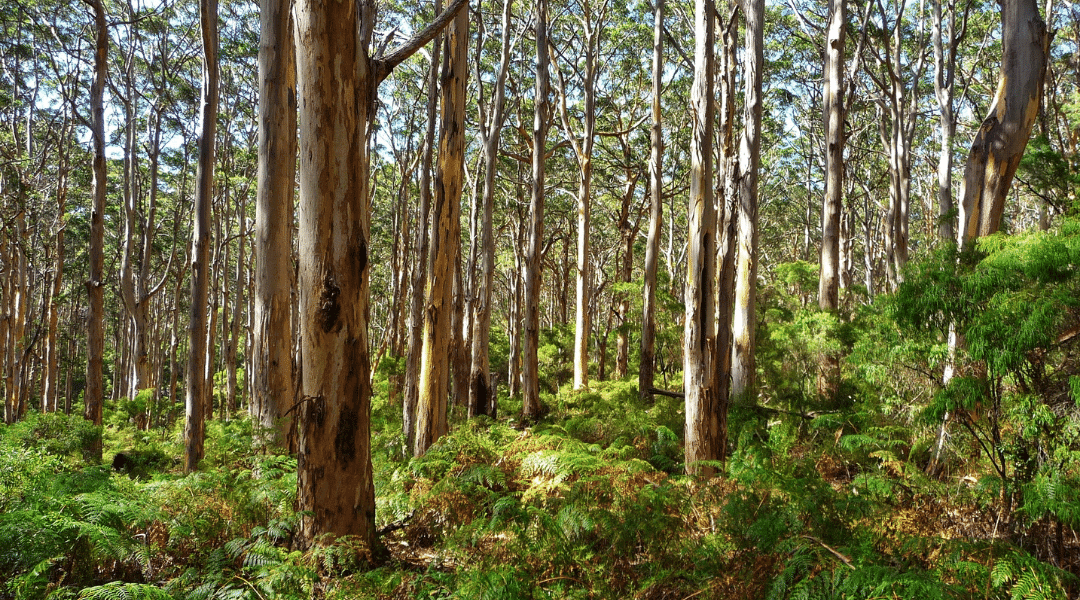
Become a considerate spender
In the words of Anna Lappe, “Every time you spend money, you’re casting a vote for the kind of world you want.”
When you spend money on your holidays, you are paying for more than just a holiday and the experiences you gain. When you buy any travel service, product or experience, you contribute to the whole process of how that item, product or service came into being.
Before something makes its way into your hands, there are multiple economic touchpoints a single item has along its journey. Some of these include:
- Agriculture and farming
- Manufacturing and production
- The supply chain and logistics
- Staff and working conditions
- Building and construction
- Transport
In many cases, the products you buy whilst you are overseas aren’t grown, manufactured or transported by local businesses. These processes are monopolised by large multi-national companies that funnel the economic benefits out of the final destination. In reference to tourism specifically, this is called Tourism Leakage. Being aware of the challenges that tourism leakage presents is the first stage to changing your buying habits so that they benefit the local economy and the people living in the region.
What can you do to make your money go further?
- Spending your hard-earned money with locally owned businesses is one of the most influential things you can do to help others when you travel. Responsible travel curators can connect you with locally owned hotels, tour operators and experience providers, helping you to keep your spending money local. A responsible travel curator is a fantastic option if you are time-poor and need guidance around who to book with, where to go and what to do – all whilst being a good human.
- Eat fresh, locally grown seasonal produce and dare to try the local delicacies, rather than opting for imported products and brands you are familiar with. Avoid pre-packaged food and drinks where possible – not only does the excess packaging create unnecessary waste, but pre-packaged products also often carry a much higher carbon footprint and are more likely to be imported. The majority of the amount you pay for imported goods ends up in the country of origin or the international supply chain, rather than in your destination’s local economy.
- Ask yourself and those around you the right questions. For example, it’s important to consider where the food you choose to eat was grown or produced and how it got to your destination. A less common question, but one with significant environmental impact, relates to the production of items used in building and construction. Consider where the building materials for an establishment originally came from. In many cases, these are imported from overseas, especially when it comes to building hotels and restaurants that are part of a franchise or chain that need to look the same as those in their country of origin.
- The transportation and manufacture of imported goods – including clothing, trinkets, food and building products – put pressure on the environment due to the number of natural resources it takes to produce and transport them. The further an item needs to travel, the worse the impact. When you choose to buy locally produced products, stay in locally owned and locally built accommodation venues and eat in locally owned and constructed restaurants, you not only increase the likelihood that the majority of the money you pay is going directly into the hands of the community, you can also lower your carbon footprint. This happens organically when the manufacture and transportation of the products you choose to pay for are kept within the local region.
There are many other ways tourism can positively impact the lives of others through responsible travel. One of the best ways to travel the world responsibly is to educate yourself and learn more about the benefits responsible tourism can have on the people you meet on your travels and the destinations you visit. Some great resources to dive into include responsible tourism websites that are filled with information, practical tips and suggestions you can learn and start to use today. A few of our personal favourites include Wanderlust with a Purpose, Ecotourism Australia and Sustainable Travel International.
Happy (and responsible) travels!
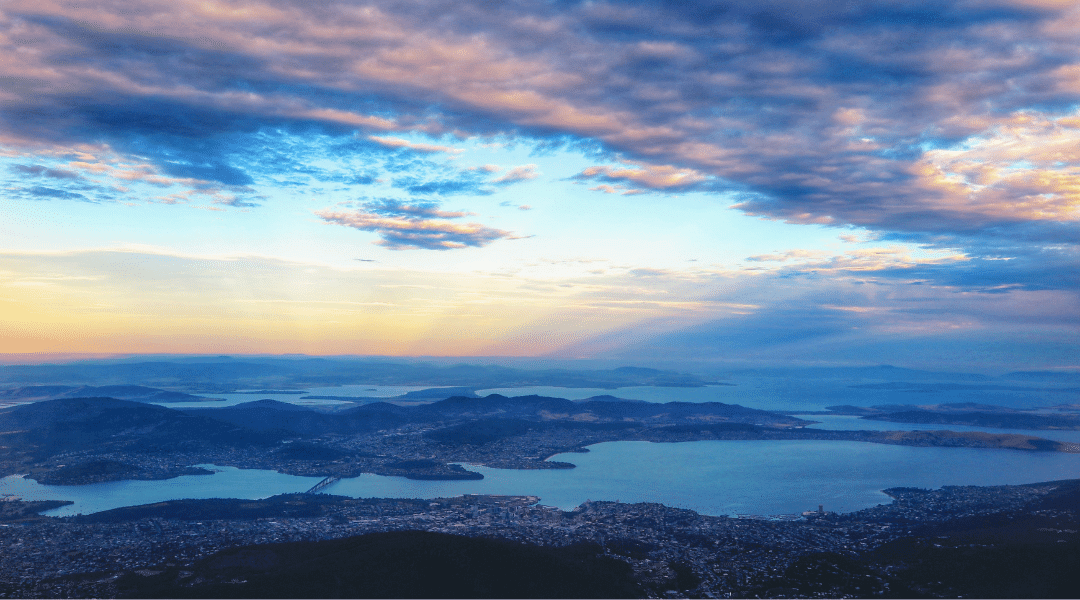
This article was written by regenerative tourism and responsible travel advocate, Keeley Warren. Keeley is passionate about sharing practical ideas to help travellers explore the world more mindfully, whilst positively contributing to each destination. She is the Founder and Director of Mankind Digital and the Founder and Editor of Wanderlust with a Purpose.
The work that Keeley does through Mankind Digital supports responsible tourism organisations by helping them to connect with travellers who care. Find new ways to travel whilst doing good for the world and learn more about responsible tourism and conscious travel by connecting with Keeley on Instagram and Facebook.
